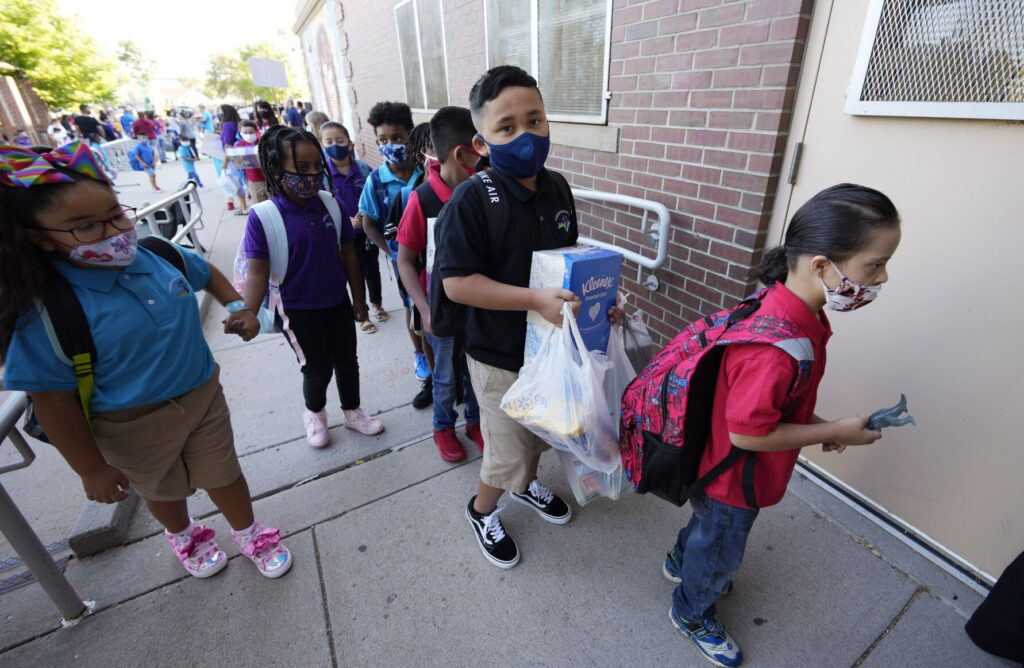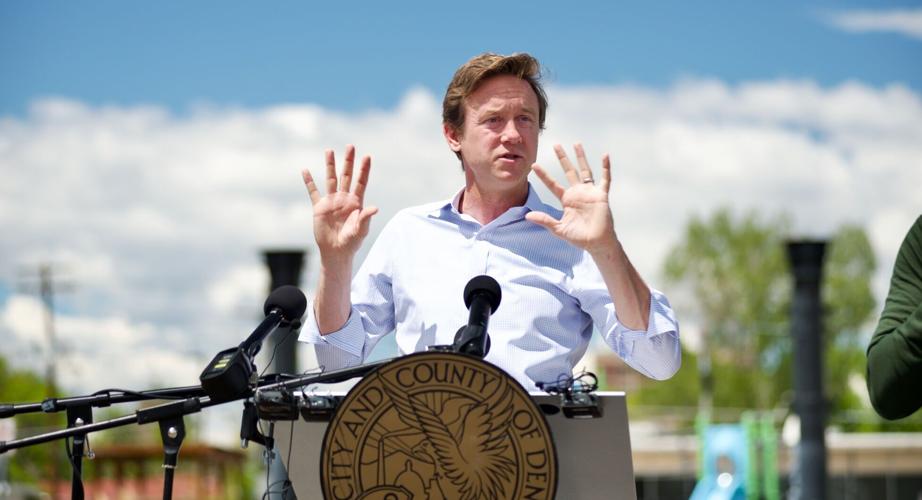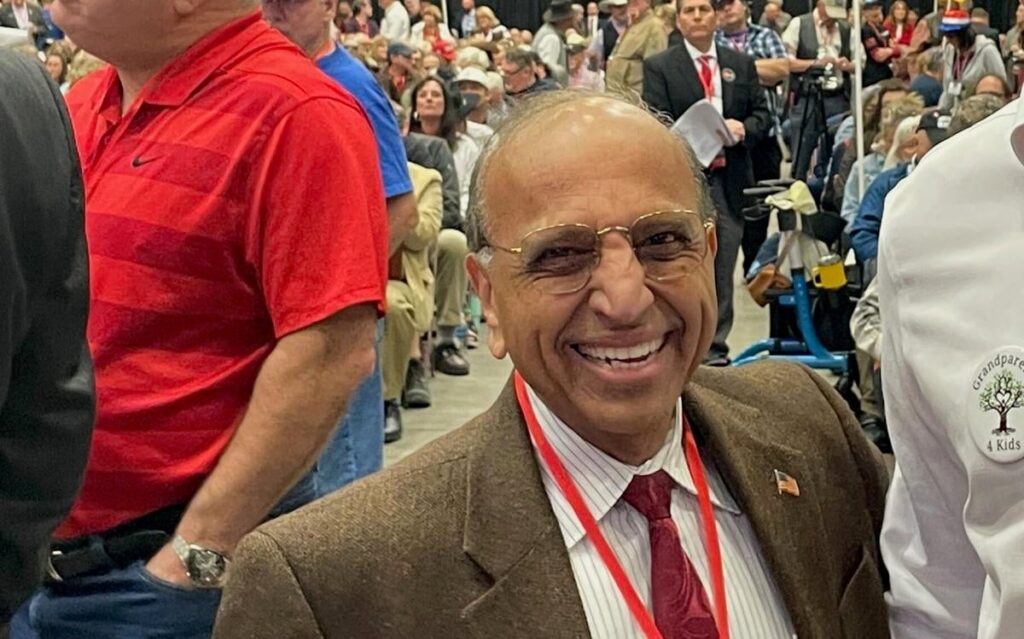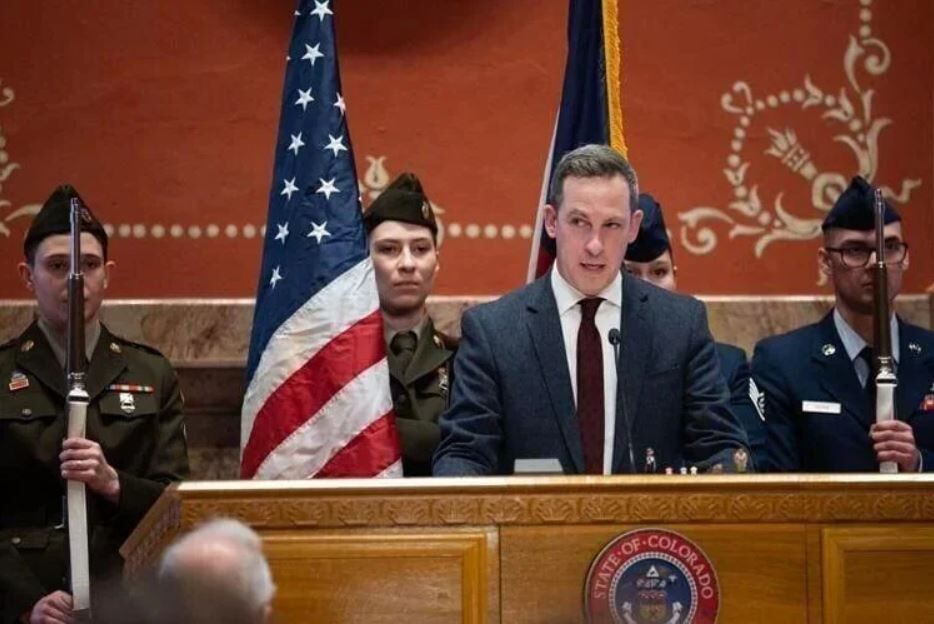Denver business leaders applaud unemployment insurance relief
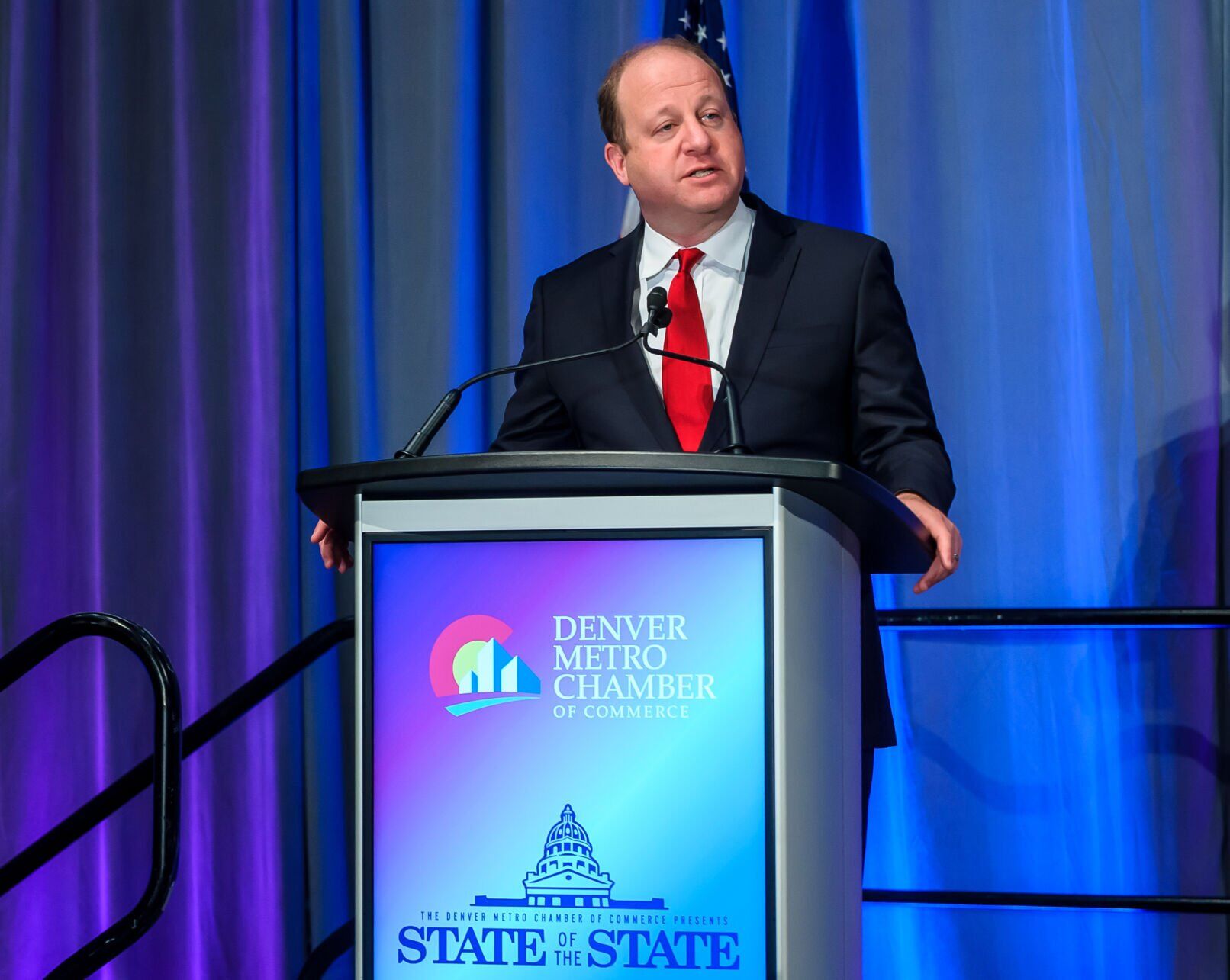
More than 900 business leaders and government officials applauded loudly Thursday when Gov. Jared Polis said the legislature had provided $600 million to offset unemployment insurance loans the state had to take to cover the massive spike in jobless numbers during the pandemic.
It was likely a grateful acknowledgement the money wouldn’t have to come from the state’s businesses by way of higher unemployment insurance costs.
Polis addressed a crowd gathered at the Colorado Convention Center for the Denver Metro Chamber of Commerce’s State of the State event Thursday, held the day after the close of Colorado’s 73rd General Assembly legislative session.
Thousands of Colorado patients put in peril due to risky prescribing of psych medicine
“I’ll spare the audience my rendition of ’50 Ways to Save Coloradans Money,’ but we came down well north of that 50, including rebates of up to $500 for individuals and $1,000 for couples by the end of the summer,” Polis said.
He also pointed to legislation lowering commercial property tax rates, the first in more than 40 years, and property tax cuts for homeowners as well.
Rachel Beck, the chamber’s senior director of Government Affairs and executive director of the Colorado Competitive Council (C3), said the $600 million for shoring up the $1 billion debt in federal loans the state had to secure to cover unemployment “won’t be coming from your payrolls.”
After months of debate, Colorado senators kill proposed ban of flavored tobacco
She was referring to Senate Bill 234, which was sponsored by Joint Budget Committee members Sens. Chris Hansen, a Denver Democrat, and Bob Rankin, a Republican from Carbondale. The bill, if signed into law by Polis, will put $600 million in federal American Rescue Plan Act money toward the $1 billion debt, with solvency surcharges expected to cover the rest.
But she criticized lawmakers “ceding authority and the sorting out those pesky details to state departments’ rulemaking process.”
“As a business community, we are incredibly concerned about how laws that will affect our businesses and economy are taking years to sort out,” Beck said. “It makes managing business expenses in the future, and investing in growth, increasingly more difficult.”
She mentioned House Bill 1244 specifically, which “creates a new program to regulate a subset of air pollutants, referred to as ‘toxic air contaminants.’ … In implementing the program, the commission has the authority to adopt rules that are more stringent than the corresponding requirements of the federal ‘Clean Air Act,'” according to language in the bill.
“That continues to expand the authority of the unelected Air Quality Control Commission by giving them the ability to regulate an identified air pollutant and supersede the Environmental Protection Agency,” Beck said. “We all want clean air, but setting up a second set of state-specific standards? Even the (AQCC) testified that despite the millions of dollars, and 77 employees posted in the original bill, they aren’t sure they can implement it. And yet the bill was passed.”
LIVE UPDATE: Colorado Senate, House agree to compromise, approve fentanyl bill
Many Colorado employers and chambers were furious last year when the commission attempted to implement an “Employer Traffic Reduction Program” that would have forced employers to track employees’ commutes. Chambers of commerce and business groups in metro Denver opposed the proposed rules and regulations as too expensive, too time consuming and overreaching in scope. The state dropped the plans to implement the program after the uproar.
The State of the State program also included a panel discussion on improving Colorado’s workforce.
Said Beck: “There’s widespread consensus that protecting, developing and expanding our workforce pipeline, and ensuring that people from all backgrounds and circumstances can participate in the workforce is essential to Colorado’s prosperity.”




